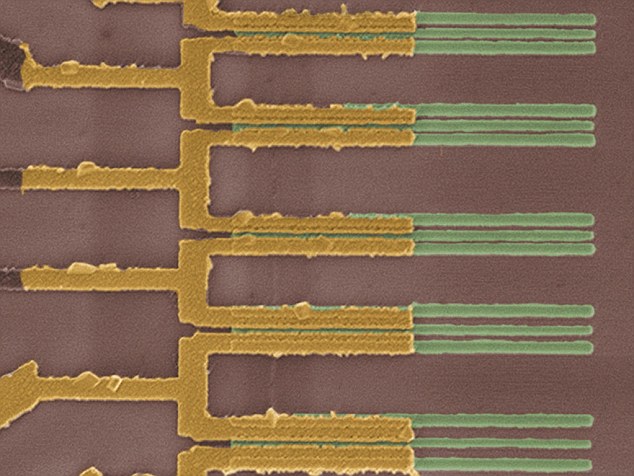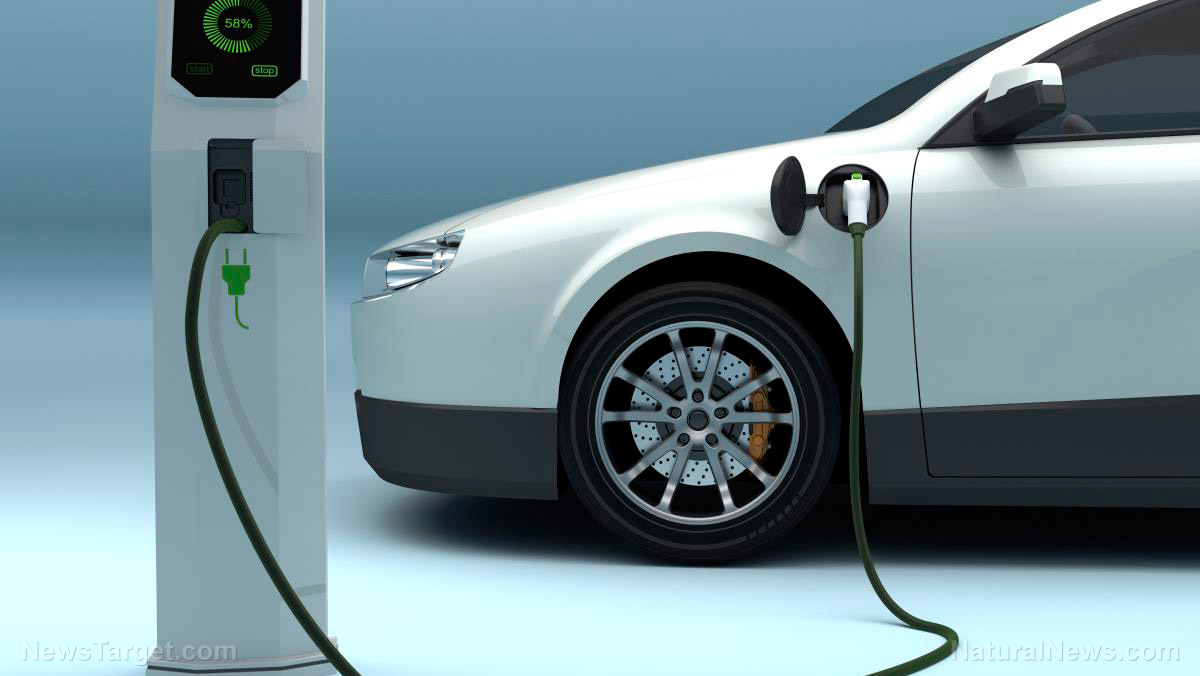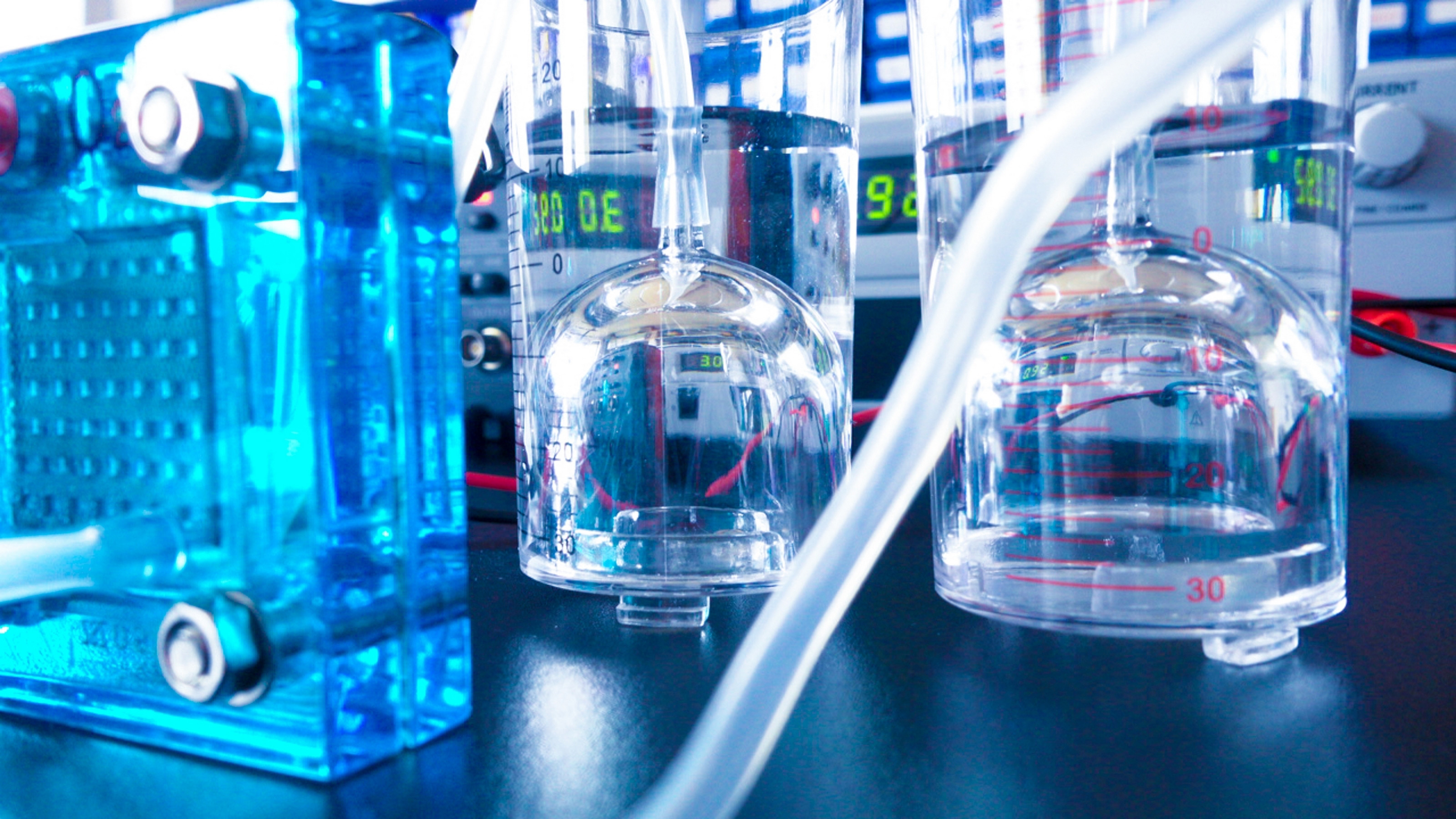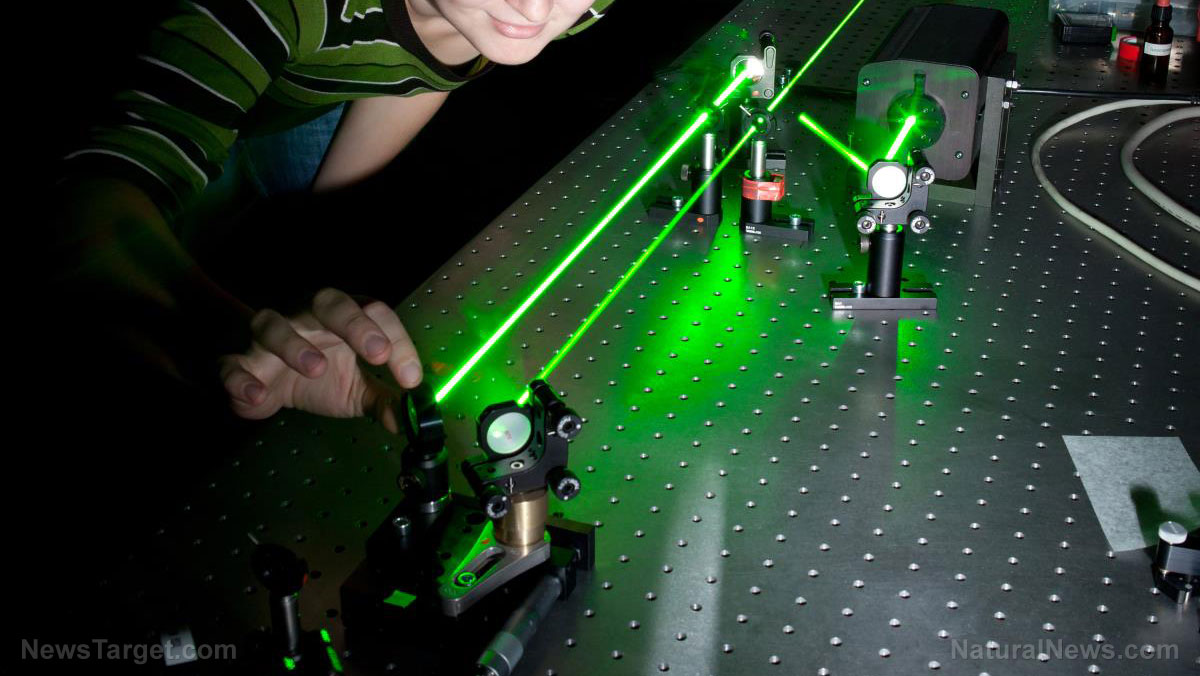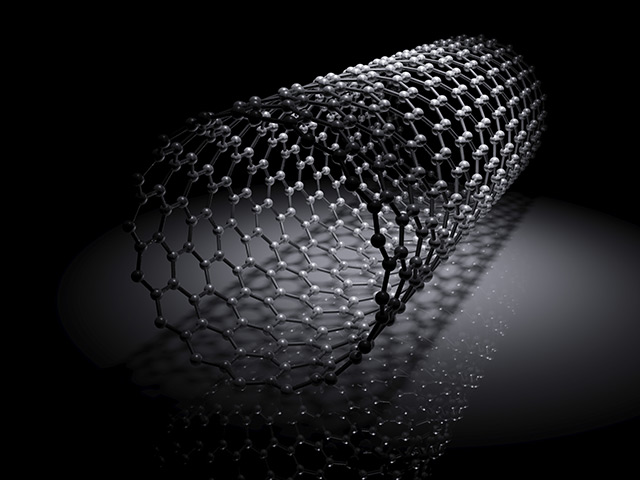U.S. Department of Energy finally decides to develop quantum computers after years of delay and avoidance
01/23/2018 / By David Williams

There can be only one winner in the battle for “quantum supremacy.” And the U.S. Department of Energy (DOE) has now, finally, made moves to ensure that it becomes that special one. According to a recent report on ScienceMag, the DOE has joined the quest to develop quantum computers in a bit to solve the ever-increasing number of computationally complex problems. The report states that the effort is “intended to spur the development of useful quantum computing algorithms,” mainly for the fields of chemistry, nuclear physics, particle physics, and materials science. The bill for the initiative is set conservatively at $40 million.
Stephen Binkley, the acting director of the DOE’s Office of Science in Washington, D.C., says that the idea behind the creation of the government’s own quantum computers is the search for algorithms that can advance the science. Prior to this report, on November 29th of last year, he issued an open letter that urged researchers to submit their proposals for such a work. With the amount of money that the government is already spending on the field of quantum computing, it makes sense for the DOE to go in this direction.
It is said that most of the government’s work on quantum computing is being done through the Army Research Office, where it appears to be spending roughly $250 million a year, but it seems that things are about to change. With its new effort, the DOE will funnel money through to its national laboratories, where it will be able to perform its own tests and experiments involving quantum computing machines. Christopher Monroe, a physicist from the University of Maryland in College Park and the co-founder of a quantum computing startup called IonQ, quipped: “Industry can’t do it because they don’t have people, and academics can’t do it because they don’t have buildings.”
Developing and operating its own quantum computers could have tremendous benefits for the DOE as well as the American government in general. In case you’re not familiar, a quantum computer is a special sort of computer that’s able to work on extremely complex computational problems that normal computers will probably never be able to handle. For reference, a traditional computer does computations by manipulating bits that are set as either “1” or “0.” On the other hand, a quantum computer uses quantum bits — qubits — which can be set to both “1” and “0” at the same time. That means, at the very least, it can do twice the same number of computations as traditional computers. And in fact, it’s able to perform at a much higher level.
The use of quantum computers would allow the government to analyze billions of recorded data and in a much more efficient way. And in different fields of science, it can be used to determine all sorts of processes, figure out designs, calculate energies, and even optimize searches based on all available parts and external factors.
Back in September of 2017, the DOE already launched two different “testbeds” that enabled designers and scientists to collaborate on how both groups could best approach quantum computing. One testbed, located at the Berkeley lab, saw an effort to build their own 64-qubit quantum computer with the use of superconducting qubits. Meanwhile, the second testbed, located at Oak Ridge National Laboratory, is said to offer remote access to working machines at both IonQ and IBM. Again, it aims to allow groups of researchers and experts to collaborate and find out what the best approach for working on quantum computing could be.
In any case, the field of quantum computing holds many different possibilities, and this move by the DOE is assuredly just the first step in a long and winding journey. It will be interesting to see what they announce next.
Read more about what’s new in the world of computing in Computing.news.
Sources include:
Tagged Under: computing, Department of Energy, discoveries, future tech, Glitch, inventions, physics, Quantum Computers, quantum computing
RECENT NEWS & ARTICLES
COPYRIGHT © 2017 FUTURE SCIENCE NEWS

